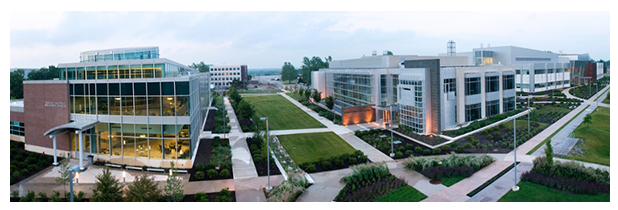Abstract
The study aimed to investigate the impact of ISO/IEC 17025 accreditation on the quality systems of a National Medicines Regulatory Authority’s (NMRA) quality control (QC) laboratory as a means of improving the reliability of analytical reports emanating from its testing activities. The project evaluated Pre- and Post- accreditation audits for Non-Conformances (NCs) for management and technical requirements of the ISO/IEC17025:2005 Standards from a QC lab in The National Agency for Food and Drug Administration and Control (NAFDAC), Nigeria in sub-Saharan Africa. The results obtained addressed the study research questions; “does accreditation of a QC laboratory lead to improvement in the adherence to quality standards?” Secondly, “does accreditation decrease the severity of NCs in QC laboratory audits?” Statistical evaluations of study data showed that from pre- to post- accreditation audits (2013 – 2017), there was a significant decrease in the number of non-conformances (d = 1.6), also 2013 to 2018 audits revealed another reduction in number of NCs (d = 1.7). The study results also revealed a decrease in the severity of Non-Conformances, with an attendant reduction in the numbers of major observations in the laboratory’s audit reports. The impact of ISO/IEC 17025 accreditation on the quality systems of this NMRA QC laboratory served as a means improving the reliability of its test reports. Mutual recognition of laboratory QC reports within NMRAs in sub-Saharan Africa would enhance harmonization bid within the continent and positively impact costs of medicines regulations. A limitation of the study was in the number of NMRA QC laboratory accessed, one. The study will produce more robust results if more countries in sub-Saharan Africa NMRA QC laboratories collaborate and release their results (under confidentiality agreements).
Keywords
Accreditation, ISO/IEC17025: 2005, Audits, Quality Control Laboratory, Non- Conformances, National Medicines Regulatory Authority’s and Harmonization.
Date of this Version
9-2019
Recommended Citation
Okezue, Mercy, "Harmonization and Laboratory Accreditation" (2019). BIRS Faculty and Staff Creative Materials. Paper 3.
https://docs.lib.purdue.edu/birsfcm/3


